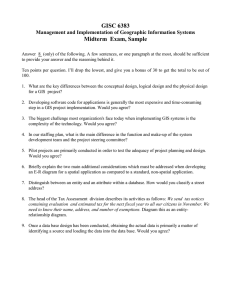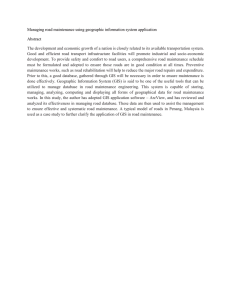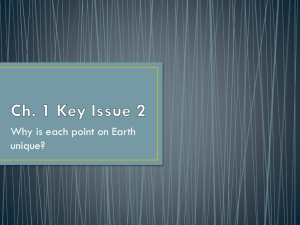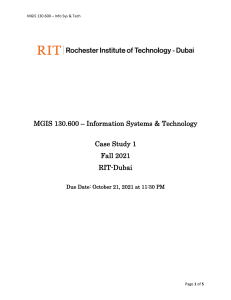Intro to Human Geography
advertisement
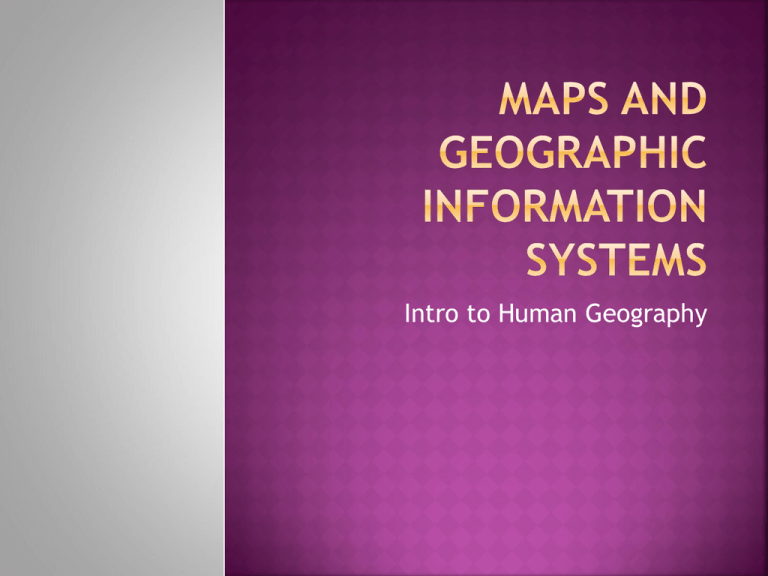
Intro to Human Geography Two-dimensional representation or flat model of the Earth’s surface or a portion of it. What are the different uses of a map? http://tipstrategies.com/archive/geography- of-jobs/ http://healthmap.org/flugov/ A Map of Twitter’s Languages Mike McCandless & Eric Fischer Map of Metal Strange Maps Maps Blog as Art Way of depicting the world in a reduced form. Two Kinds: Cartographic scale : expresses ratio of distance on map to Earth. Observational / methodological scale – levels of analysis. Local, regional, national, international scales As a ratio or fraction, depicting the relationship between the distance on the map and the distance in real life. A written scale-an actual statement. A graphic scale, which is usually a bar. Small scale maps have small land features, but more area is shown. Large scale maps show larger land features, but you see less area covered. Owu.edu The larger the denominator, the smaller the scale, and the larger the area shown. Location of any place can be described precisely by meridians and parallels ************************************** Meridians (lines of longitude) Prime meridian Parallels (lines of latitude) The equator Geographyalltheway.com Describe lines of latitude: Describe lines of longitude: Since the Earth is round, geographers have to find a way to get an accurate flat representation of the Earth’s features. The projection is the process of transferring the features. Flattening the Earth See page 387 The shape can be distorted. The distance between two points can be increased or decreased. The relative size of areas may be altered-so countries might look bigger than others when they shouldn’t. The direction from one place to another can be distorted. Perfectly depict: Distance Direction Area Shape Proximity But it is not possible! Making a map always involves a choice about what properties you are going to sacrifice, and what ones you are going to keep. Cartographers have to consider the purpose for which the map they are making will be used. Satellites (Space), Tracking Stations (Control), and Receivers (Users) Used by the military and by civilians http://www.gps.gov Video provided by the US Air Force A computer program that can capture, store, query, analyze and display geographic data. Data is “geocoded” or assigned a mathematical position on Earth. A tool for creating maps or for spatial analyses. More detail at: http://egsc.usgs.gov/isb/pubs/gis_poster/ King County GIS http://www.kingcounty.gov/operations/GIS/M aps/iMAP.aspx Zillow www.zillow.com Google Earth Other Interactive Maps on the Web Interested in free GIS software? http://www.qgis.org/
